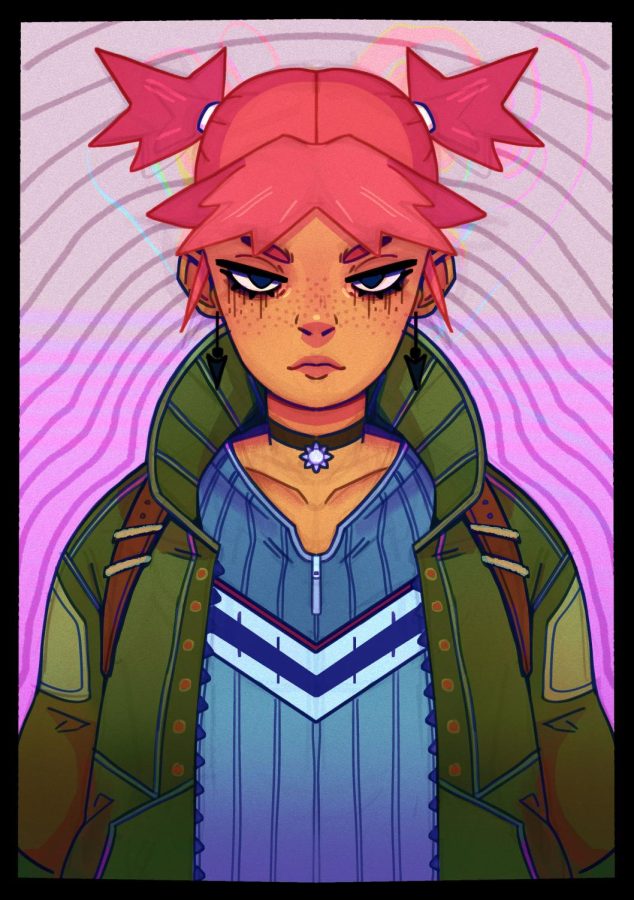Panic! It’s a Manic Pixie Dream Girl
Although many attempt to disregard the fact that we live in a patriarchal society, it is too evident in the media to ignore. Harmful female stereotypes are constantly placed on women in the film industry, thus strengthening the rift between male and female societal expectations, and one of the most prevalent of these harmful stereotypes is the Manic Pixie Dream Girl.
The Manic Pixie Dream Girl is an eccentric female character whose only role is to save her male counterpart from his own wrongdoings. She has an otherworldly quality to her and viewers are never given a glimpse into her own life; her personality simply centers around her devotion to ensuring the male protagonist will succeed. These characters are often set apart by a funky hairstyle or their weird hobbies, and they always appear just as the male protagonist needs a quick word of advice.
A prime example of this trope is displayed in Cobra Kai. Just as Hawk is about to fight in the tournament finals, he gets cold feet and loses his confidence. Luckily, his girlfriend Moon is there to comfort him. Her unusual name adds clarity to her role as a Manic Pixie Dream Girl, alongside her unconventional spiritual interests and funky outfits. Moon passionately kisses Hawk before his fight, and his confidence is revived as he steps onto the mat.
Viewers know nothing about Moon besides her role as the mysterious bisexual girl Hawk admires throughout the series and eventually wins over; she solely exists to aid Hawk into a potential triumph. This harmful trope gives into the outdated patriarchal ideal that women have no passions of their own and are simply designed to please their male counterparts. It is atrocious to depict women in this light, and it is especially dangerous for younger generations because it neglects the need for women to be empowered and follow their own aspirations.
Another example of this trope is in the Disney+ movie Stargirl. Stargirl is a wacky teen girl with a unique name who takes interest in a 16-year-old boy named Leo. The movie showcases Leo’s personal growth with self-acceptance because Stargirl’s eccentric personality teaches Leo not to care about what others think. Viewers are not given details into Stargirl’s life and she is simply a tool Leo uses to experience personal epiphanies.
This trope is not only harmful to women’s views of themselves, but also men’s views of women. Men consuming media including this trope will assume women in their own lives care far more about helping them succeed than the women actually do. This could lead to an increase in toxic masculinity and men’s expectations of women to always do what will ultimately benefit them, rather than themselves.
I am not arguing that a female side character must always have a backstory and interesting storyline because viewers don’t always need to know the backstories of every side character. However, there are many alternatives to having a mystical girl aid her male counterpart at the climax of the story, such as guidance from an adult, or simply a self-revelation not strung together by a conveniently attractive and eccentric female.

